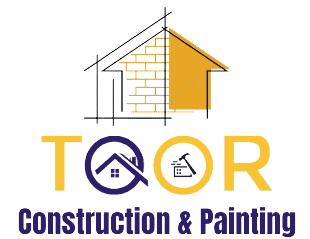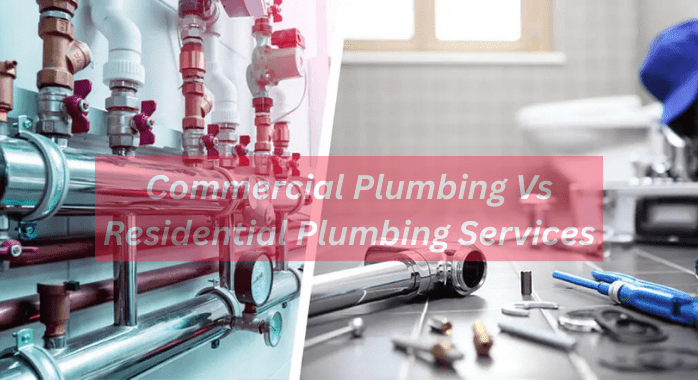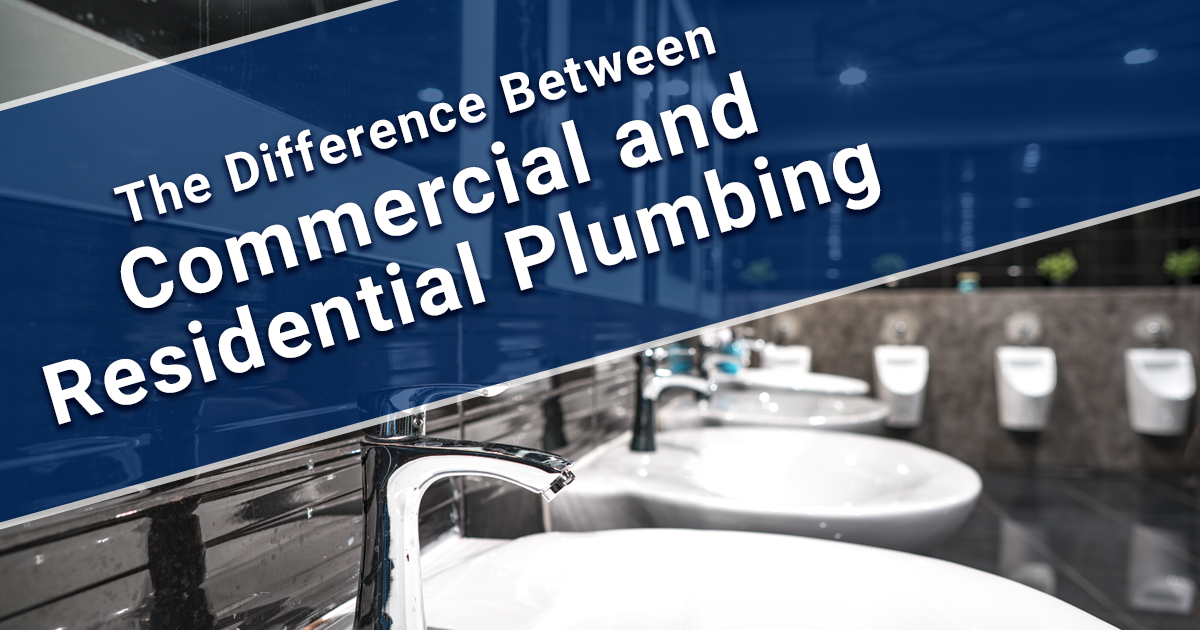When it comes to plumbing, many people often think of leaky faucets or clogged toilets. But there’s a whole world beyond these common household issues, particularly when you consider the distinction between commercial and residential plumbing. While both fields share some similarities, they cater to very different needs and challenges. Understanding these differences can help homeowners and business owners alike make informed decisions about their plumbing systems. So, let’s dive into the fascinating realm of commercial plumbing vs residential plumbing and uncover what sets them apart.
What is Residential Plumbing?
Residential plumbing refers to the systems that supply water and remove waste in homes. This includes everything from pipes and fixtures to drains and appliances. Commercial plumbing vs residential plumbing, commercial plumbing, commercial plumbers near me, commercial plumbing services, commercial plumber near me, commercial plumbing contractors, commerical plumbing, residential vs commercial.
Typically, residential plumbers focus on individual properties. They handle installations, repairs, and maintenance of all things related to household plumbing. Their work ensures that a home’s water supply is safe, efficient, and reliable.
Common tasks include fixing leaks under sinks or replacing old toilets. They also install new showers or bathtubs as part of renovations.
Residential plumbing emphasizes comfort and convenience for homeowners. Each job caters to the unique needs of families living in those spaces. Whether it’s ensuring hot water availability or addressing minor clogs, residential plumbers play an essential role in daily life at home.
What is Commercial Plumbing?
Commercial plumbing refers to the intricate systems that serve businesses and large facilities. This includes everything from office buildings and shopping malls to restaurants and hospitals. Each setting has unique requirements, often demanding specialized knowledge. Commercial plumbing service, commercial plumbing services near me, industrial plumbers near me, plumber commercial near me, commercial plumbing safety record, what is commercial plumbing, commercial plumbing vs residential.
These plumbing systems are designed for high-volume use, with a focus on efficiency and durability. Commercia l plumbers tackle larger pipes, complex fixtures, and sophisticated drainage solutions. They often work with advanced technologies such as grease traps and sump pumps.
The scale of commercial plumbing projects can be significant, requiring detailed planning and coordination. Timely maintenance is crucial; any disruption can lead to costly downtime for businesses relying heavily on functional plumbing systems.
In this realm, safety codes are stringent. Commercial plumbers must stay updated on regulations to ensure compliance while providing reliable service tailored to diverse industry needs.
11 Differences Between Commercial And Residential Plumbing:
When comparing commercial plumbing vs residential plumbing, several key differences emerge.
The scale of operations varies significantly. Commercial systems handle larger volumes and more complex networks than typical home setups.
Second, materials differ. Businesses often require heavy-duty pipes and fixtures to endure high demand, while homes can use standard-grade equipment. Commercial vs residential plumbing, residential and commercial plumbing, residential vs commercial plumbing, plumbing for commercial buildings, plumbing in commercial buildings, residential vs commercial water heater.
Building codes are stricter for commercial properties. Compliance with regulations is crucial in commercial settings due to safety concerns.
Installation times can also vary widely. A restaurant may take weeks to plumb fully, whereas a house might be completed in days.
Additionally, the types of services offered differ greatly. Commercial plumbers deal with specialized installations like grease traps or backflow prevention devices that aren’t usually found in homes.
Maintenance routines diverge, too; businesses need frequent check-ups to prevent costly downtime, while homeowners typically schedule less regular inspections.
Response times often favor commercial settings due to their urgent needs; quick fixes are vital for operational continuity.
How do installation, maintenance, and repairs differ between commercial and residential plumbers?
Installation processes in Commercial Plumbing Vs Residential Plumbing often require specialized systems. These can include larger pipes and complex fixtures to accommodate higher demands. On the other hand, residential installations focus on standard sizes and simpler layouts. Commercial plumbing and sewer services, commercial toilet vs residential, commercial vs residential water heater, residential plumbing market, whats commercial plumbing, commercial building plumbing systems.
Maintenance routines also differ significantly. Commercial properties may need regular checks due to intense usage. This ensures everything runs smoothly to avoid disruptions in business operations. In contrast, residential maintenance is generally less frequent but focuses more on individual appliances like water heaters or sinks.
When it comes to repairs, the scope varies widely. Commercial plumbers tackle urgent issues that could halt business activities, requiring rapid response times and advanced problem-solving skills. Residential plumbers deal with everyday problems that might not be as time-sensitive but still disrupt homeowners’ lives, like leaky faucets or clogged drains needing prompt attention for comfort and convenience.
What kinds of Problems do Commercial and Residential Plumbers Solve?
Residential plumbers often tackle issues like leaky faucets, clogged drains, and running toilets. Homeowners call on them to fix problems that affect daily life. They focus on maintaining comfort and functionality in homes.
On the other hand, commercial plumbers deal with more complex systems. They handle large-scale installations and repairs for businesses. This includes managing water supply systems in office buildings or handling waste disposal in restaurants.
Each type faces unique challenges. Residential issues are usually straightforward but can vary widely from one home to another. Commercial plumbing requires understanding intricate codes and regulations that apply to larger facilities.
Both types of plumbers must diagnose problems accurately. Their expertise ensures that solutions are effective, whether it’s a simple pipe repair or an extensive system overhaul for a commercial property.
Is Residential or Commercial Plumbing more Profitable?
When considering profitability, both residential and commercial plumbing have their unique advantages. Residential plumbing typically involves smaller jobs like repairs, installations, and maintenance in homes. These projects can lead to steady income due to the constant need for services such as fixing leaks or upgrading fixtures. Commercial plumbing systems, residential commercial plumbing, commercial plumber vs residential plumber, residential plumbing vs commercial
On the other hand, commercial plumbing often deals with larger-scale operations involving businesses, restaurants, or factories. These jobs may require more time and resources but can result in higher payment rates due to their complexity and scale. Large contracts from commercial clients can significantly boost revenue for plumbers.
Profitability also depends on market demand in a specific area. In some regions, there might be a greater need for residential services, while others could favor commercial work due to business growth.
Whether one is more profitable than the other comes down to location, the expertise level of the plumber, and how well they manage their client relationships across sectors. Each type presents opportunities that savvy professionals can leverage for success.


